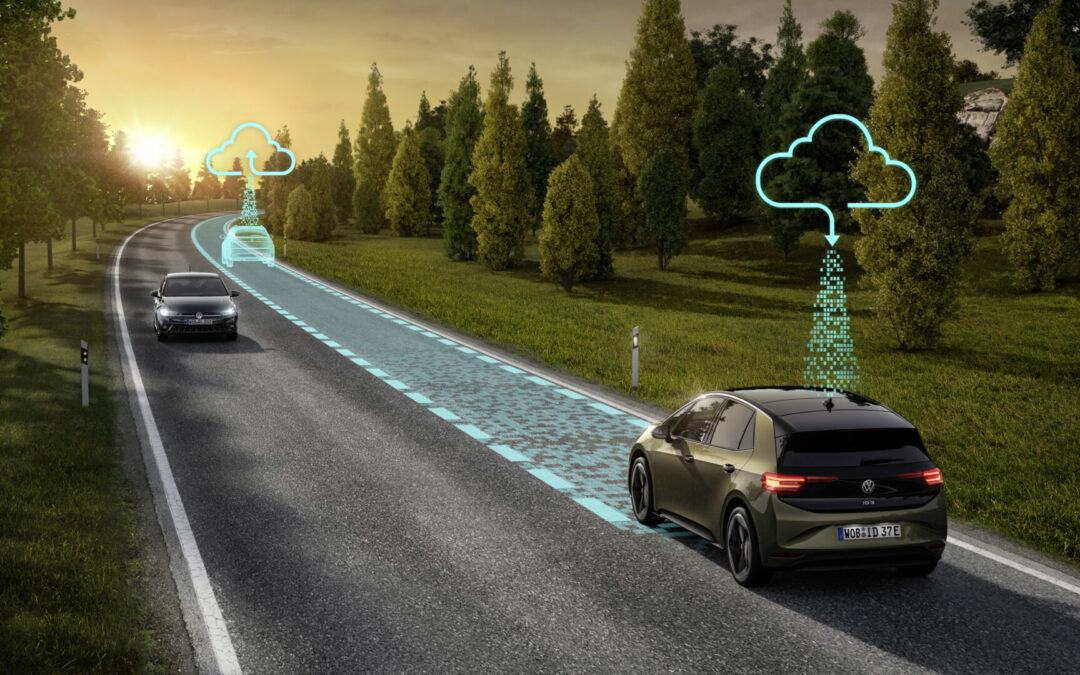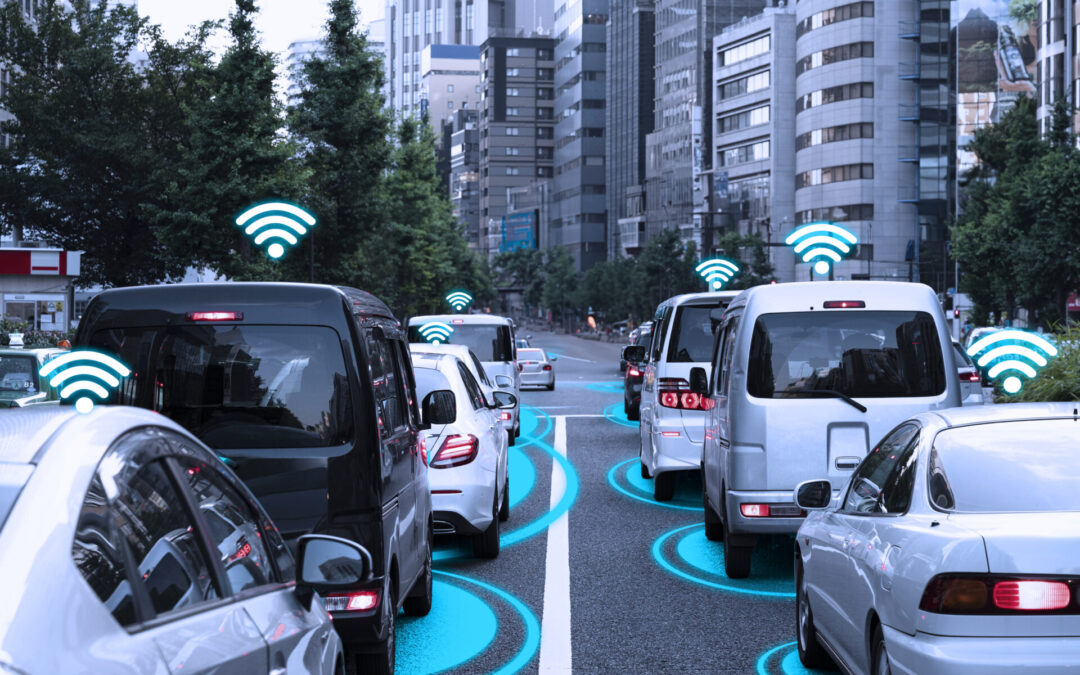Workshops always need to be looking for ways to improve efficiency and customer service to stay ahead in the changing world of automotive service and maintenance. Integrating vehicle telematics information into their existing Dealership Management Systems (DMS) can be the key to doing this. This integration of telematics data represents a significant advance in how workshops can access, analyze, and utilize vehicle information to improve their operations and customer relationships.
This article will look at the importance of merging telematics data with customer information systems in automotive workshops. We’ll discuss the benefits of having real-time access to vehicle diagnostics and usage patterns, and how this can transform the customer experience. Later, we will introduce telematics solutions and examine how they can be smoothly integrated into existing DMS and CRM systems, thereby solving key challenges faced by modern automotive workshops.
The value of telematics data in modern workshops
The integration of telematics data into DMS systems enables workshops to gain a comprehensive understanding of each vehicle’s condition and history. Having access to real-time information about vehicle performance, health, and usage patterns, is also an invaluable tool for scheduling repairs with customers.

This level of insight is crucial for providing timely and accurate services. For instance, with access to real-time diagnostics, workshops can proactively address potential issues before they escalate, thereby enhancing vehicle reliability and customer trust. Additionally, understanding a vehicle’s usage patterns helps in recommending personalized service schedules, improving the relevance and effectiveness of maintenance plans.
Enhancing customer experience and communication
Moreover, this integration improves the customer experience by enabling more knowledgeable and transparent communication. When workshops have detailed vehicle data at their fingertips, they can provide customers with clear explanations of issues and customized service recommendations. This transparency not only builds customer confidence but also encourages loyalty, as clients are more likely to return to a service provider that demonstrates thorough understanding and care for their vehicle.
In a competitive market, the ability to offer such personalized and proactive service is a significant differentiator for automotive workshops.
Overcoming challenges and enhancing service with integrated telematics
While integrating telematics data into DMS systems presents clear advantages, automotive workshops also face certain challenges in this transition. One primary challenge is ensuring smooth integration without disrupting existing workflows.
Workshops need solutions that can easily blend into their current systems, allowing them to access and leverage telematics data without requiring significant changes to their operational procedures. This is where the choice of telematics solution becomes crucial – it should not only provide comprehensive data but also ensure ease of integration and use.
Using telematics for enhanced services
Once integrated, the benefits of having telematics data intertwined with customer management systems are many. Workshops can offer more personalized services, such as sending automated service reminders based on actual vehicle usage or providing customized care tips. They can also use the data for predictive maintenance, identifying potential issues before they become problematic, thus saving time and costs for both the workshop and the customer.
This proactive approach to vehicle maintenance not only enhances customer satisfaction but also positions the workshop as a progressive, customer-centric entity in the automotive service market.
The role of Connected Cars solutions in simplifying integration
As workshops overcome the challenges of integrating telematics data, solutions like those offered by Connected Cars become invaluable. Solutions like ConnectedWorkshop, ConnectedFleet, and ConnectedLeasing are designed to smoothly integrate telematics information into existing DMS and CRM systems, addressing the critical need for easy and efficient data management. The open API of Connected Cars’ Datastream plays a key role here, enabling a smooth transition and ensuring that workshops can access a wide range of vehicle data without disrupting their current operations.
The integration facilitated by Connected Cars’ open API allows workshops to not only access real-time vehicle diagnostics but also to understand and anticipate customer needs better. For example, they can track vehicle health indicators and automatically notify customers when it’s time for maintenance or repairs.

This capability transforms the way workshops interact with customers, moving from a reactive service model to a proactive one. It enables workshops to offer a higher level of service, specific to the needs of each vehicle and customer, thereby enhancing overall customer satisfaction and loyalty. By leveraging these advanced solutions, workshops can stay ahead in the competitive automotive service market, offering advanced services that meet the evolving demands of modern vehicle maintenance.
Adopting the future of automotive service with telematics integration
In conclusion, the integration of telematics data into existing DMS and Customer Relationship Management (CRM) systems represents a significant step forward for automotive workshops. This integration is not just a technological upgrade; it’s a strategic move towards more efficient, proactive, and customer-focused service delivery. By adopting solutions like those offered by Connected Cars, workshops can overcome the challenges of integration, gaining access to a wealth of vehicle data that can transform their service offerings.
The future of automotive service lies in the ability to anticipate and meet customer needs with precision and personalization. Telematics data integration is key to achieving this, enabling workshops to offer services that are not just timely but also highly relevant to each customer’s unique vehicle usage and maintenance requirements. As the automotive industry continues to evolve, workshops that leverage these advanced solutions will find themselves well-equipped to thrive in an increasingly competitive market, building stronger relationships with their customers and setting new standards in automotive service excellence.






